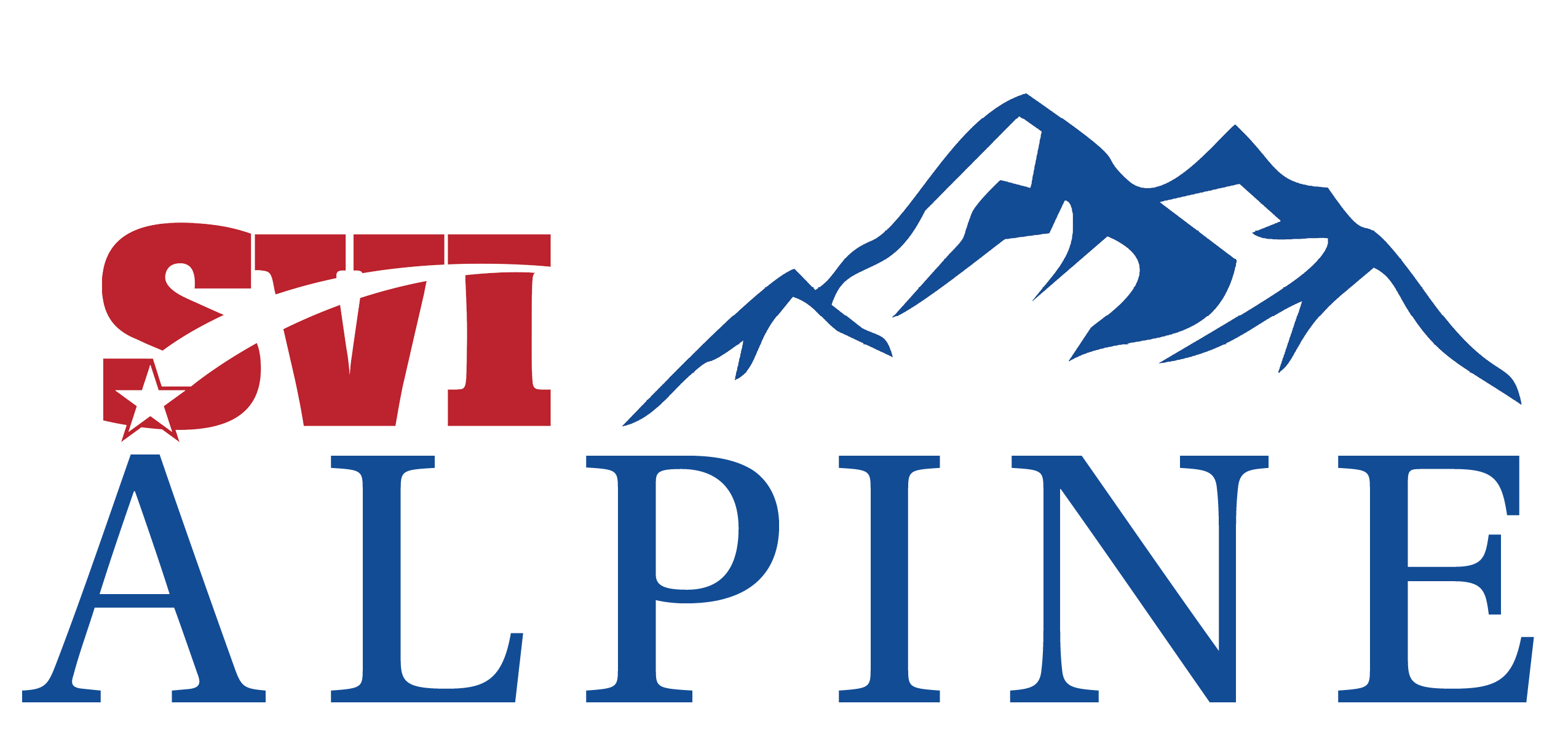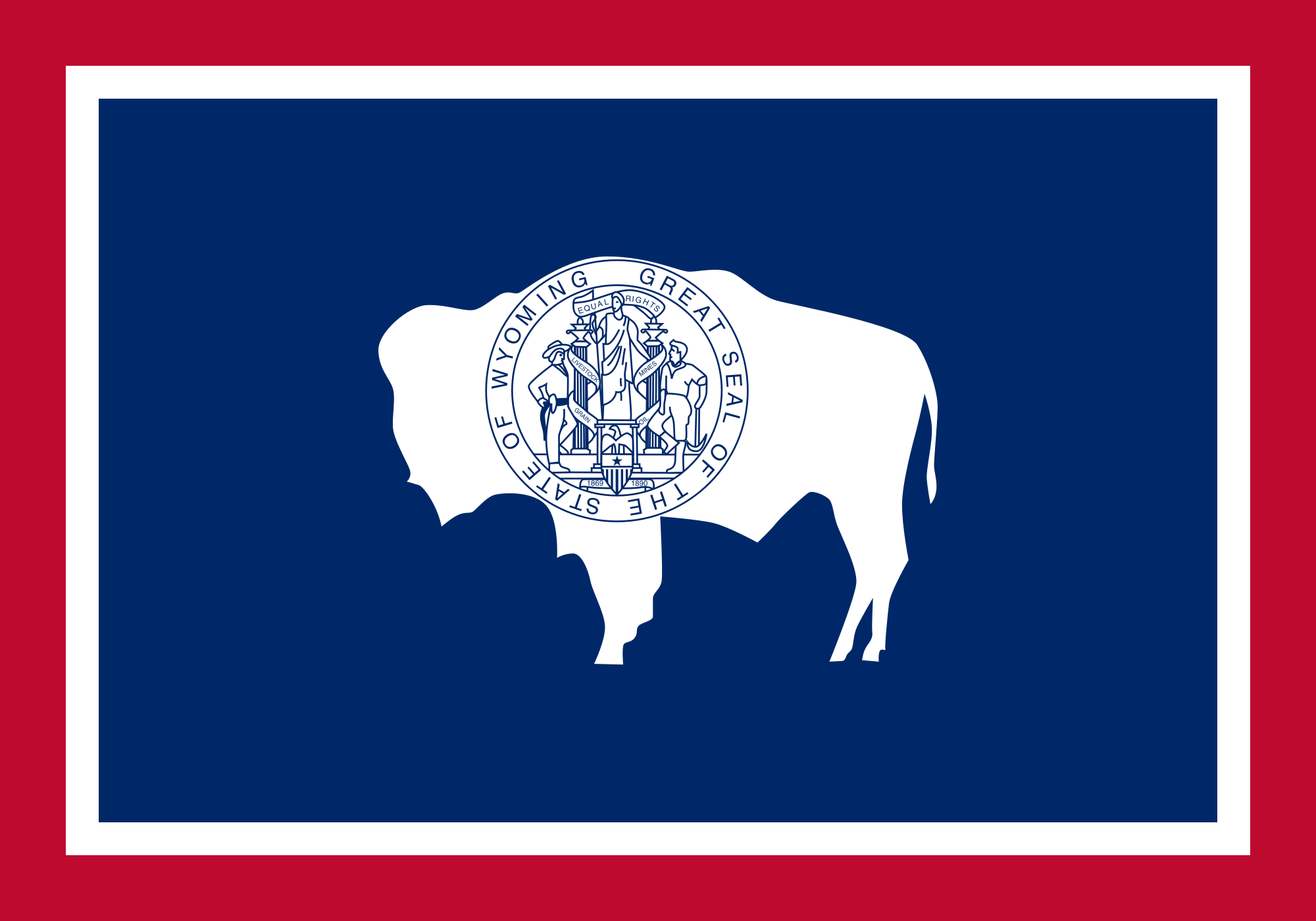Last session’s housing bills could be templates for 2026 legislation
By Wyoming News Exchange
August 18, 2025

Former Cheyenne legislator Tony Ross leads a tour of students from Burns Elementary February 16, 2025 in the Wyoming State Capitol. Photo by Michael Smith
By Carrie Haderlie
The Sheridan Press
Via- Wyoming News Exchange
Experts in Wyoming’s housing industry are asking lawmakers to reconsider several bills that failed to gain traction during the 2025 Legislative Session next year.
Housing was placed low on a list of priorities by Legislative leadership last spring, but the Joint Corporations, Elections and Political Subdivisions Committee did hear a presentation from the Wyoming Community Development Authority late in the day Thursday in Casper. Resurfacing were ideas like changing the zoning protest process, which currently allows for a small group of vocal citizens to stop development, to increased options for financing including tax increment financing.
“I appreciate that you were able to bring (housing) back on as a topic for an interim discussion,” Matt Hall, legislative director for the WCDA said before the panel of lawmakers.
The goal, he said, was to educate “some of our new legislators” about the WCDA, which was established 50 years ago by state statute, but receives no state funding. Instead, the WCDA was created to raise capital to finance affordable housing, with its Single Family Mortgage Purchase Program its largest current program. The WCDA also administers federal funds for affordable rental housing.
Hall also told the committee that there were several bills that didn’t make it through the session last year that could be reconsidered when the 2026 Budget Session convenes in February of next year.
Recapping several years’ worth of work, WCDA Executive Director Scott Hoversland told the committee that housing production in Wyoming does not meet demand. In 2024, the WCDA completed a Statewide Housing Needs Assessment, which found that in every county, median home values exceeded what median-income households could afford.
Following that, the WCDA developed a Statewide Strategic Housing Action Plan, which includes local and statewide solutions to create more housing across Wyoming. Municipalities, Hoversland said, can change local zoning laws to be more development-friendly, and the state could expand tax increment financing (TIF) to include affordable housing development qualifications. The state could also establish a housing investment program, Hoversland said.
All ideas were included in legislation last session, but failed to make it into state law.
“What is your ask of the Legislature today?” Sen. Bill Landen, R-Casper, asked Thursday, continuing that he may be willing to individually sponsor housing legislation during the 2026 Budget Session.
“In my district, and maybe in some of the other districts as well, (housing) is one of the most urgent issues. This is a big policy concern for Wyoming,” Landen said.
“Think about a couple of bills that we could bring individually,” he continued.
Cheyenne Mayor Patrick Collins, who has long advocated for more affordable housing development in his community, told the committee that there are several things the state could do, primarily by putting public dollars forward as an incentive to build affordable housing.
“There has to be some public money put into these deals to make them happen,” Collins said. In states like Montana and Utah, up to 25% of new affordable housing developments are sometimes be funded by the state, he said. Collins told the committee that on Friday, he’d be meeting with the State Loan and Investment Board about a $40 million project that needs a $3.5 million state investment to bring 140 housing units to Cheyenne.
“There’s really no program … (to help) with housing, even though it’s been identified as one of the largest barriers to our workforce and our abilities, our economic development,” Collins said. “If the state of Wyoming would finance these deals at some of the rate we’re (financing) industrial projects, we could do it.”
Rep. Steve Johnson, R-Cheyenne, said that he purchased his first home with WCDA funding in 1978, but added that he doesn’t necessarily like the direction the WCDA’s programs have gone in the decades since.
“Now we have expanded the program to multi-family units. Does that just help the developers? Those units were going to be built anyway,” Johnson said. “We are causing more problems than we are solving. I’m a free market guy. I would love to get back to the free market and not have … the government provide housing.”
Hoversland responded that shortly after the WCDA began its first-time homebuyer program in the 1970s, it also began to use federal funds – not state funding – for rental and multi-unit projects that are required to remain affordable.
“Developers don’t get rich off of this type of stuff,” Hoversland said. “What the funding is, and the tax credits do, is help really put equity into the program.”
Further, each development that receives federal funding or tax credits has to restrict its rent to a certain level, between 30-50% of an area’s median income, for up 65 years.
“That’s a long time to stay out there, make sure (owners) keep up a property and make sure it is decent, safe and affordable,” Hoversland said. “(Developers are) capped out at what they can charge on on those rents, so they’re not getting rich.”
Wyoming Business Alliance President Renny McKay told the committee that nearly all businesses in Wyoming cite inadequate housing as a barrier to growth.
“Wyoming’s housing market is inelastic right now, and we have got to get more supply in the system,” McKay said.
Wyoming, he said, is over-regulated and to truly become a free market economy, housing regulations must be rolled back.
“Anything you can do to send a message to the marketplace (that) will help show Wyoming is the place to build – at your level, there’s a few things to look at,” McKay said, urging the committee to bring back a bill that changed the zoning protest process, which died in a conference committee during the 2025 session.
“That protest petition bill … would be great to bring back. It’s ready to go,” McKay said.

